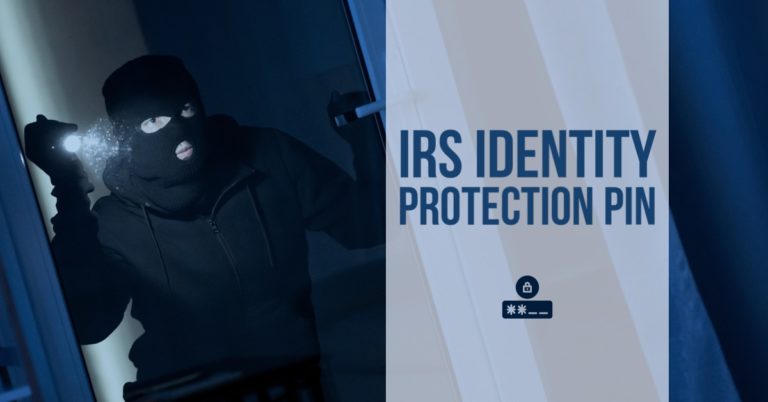Thousands of people have lost millions of dollars and their personal information to tax scams. During Cybersecurity Awareness Month, conducted every October, the mission of the government and private industry is to raise awareness about digital security and empower everyone to protect themselves against cybercrime.
What Is a Tax Scam?
A tax scam is when a fraudulent person steals someone else’s personal identification information—also called identity theft— and/or files a fraudulent tax return in an attempt to steal tax refunds. Scammers use the regular mail, telephone, or email to swindle individuals and businesses. The IRS is asking parents and families to inform their loved ones—especially teens and senior citizens—how to be cautious and stay safe online. Be aware of the potential dangers in sharing devices at home, shopping online and using social media. These activities can sometimes be an open door for fraudsters by leaving an unnecessary trail of personal information.
Online Safety Tips
Recognize tax scams so you can avoid them
Be aware of thieves posing as the IRS or other legitimate organizations. These tax scammers may reach out with phishing emails, fake social media profiles, and threatening phone calls and texts. The IRS doesn’t initiate contact with taxpayers by email, text messages or social media channels to request personal or financial information. Learn what a scam call sounds like, and don’t click on links or download attachments from unsolicited suspicious emails from unknown senders. Verify contact/content/context with trusted senders as fraudsters may pose as someone you trust.
Be Aware—Don’t Overshare
When you’re online or using email, don’t share too much personal information like birthdates, addresses, age, or financial information such as bank account and Social Security numbers. This will help protect you and avoid online exposure to scammers and criminals. Tax scams start with thieves getting your personal information.
Use Extra Caution on Public Wi-Fi networks
Connection to Wi-Fi in a mall or coffee shop is convenient but it may not be safe. Cybercriminals can easily intercept personal information on public networks so always use a virtual private network when connecting to public Wi-Fi. It’s hard to imagine that your latte could result in you being targeted for a tax scam, but it happens.
Enable Security Tools and Strong Passwords
Use strong, unique passwords for each account and consider a password management app. Strong passwords thwart tax scams. Also, enable two-factor or multi-factor authentication for business, personal and online accounts. Keep your electronic devices updated with the latest security software. Encrypt sensitive files such as tax records stored on computers. Ensure all family members have comprehensive protection, especially if devices are being shared.
Reach Out to Your Accountant
Also, if you believe you are being contacted by the IRS, reach out to your accountant first before responding. Our team can guide you through the steps to find out if it is really the IRS or a fraudster. We can help you avoid tax scams.
For more information, visit the Tax Scams and Consumer Alerts page on IRS.gov. Additional information about tax scams is also available on IRS social media sites, including YouTube videos. Also see Publication 4524, Security Awareness for Taxpayers.
More Information
If you have questions, contact us to discuss your situation.
To check out our other articles on business topics, click here.

Debra Annis
Debra Annis brings 40+ years of experience in accounting and tax. She helps clients overcome obstacles with cash flow, planning, stability and growth. She enjoys working with clients to find solutions that achieve their plans and avoid paying unnecessary tax.
About Smith Patrick CPAs
Smith Patrick CPAs is a boutique, St. Louis-based, CPA firm dedicated to providing personal guidance on taxes, investment advice and financial service to forward-thinking businesses and financially active individuals. For over 30 years, our firm has focused on providing excellent service to business owners and high-net worth families across the country. Investment Advisory Services are offered through Wealth Management, LLC, a Registered Investment Advisor.




